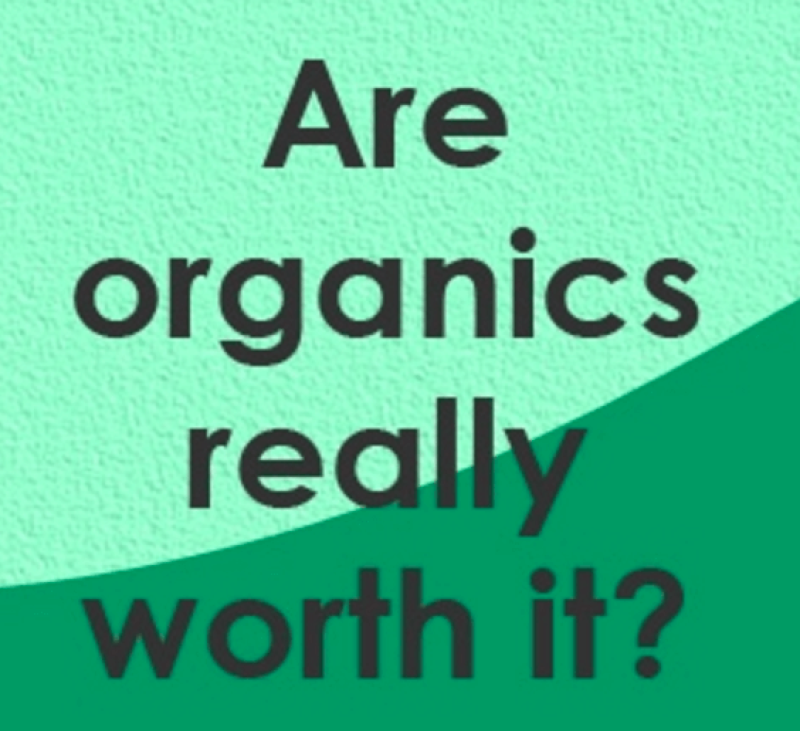The GLP aggregated and excerpted this blog/article to reflect the diversity of news, opinion and analysis.
What does organic actually mean? It’s tricky, because the word “organic” refers to both a movement and a regulatory label. Meanwhile, most of us just want to know if organic means “better”: if it’s healthier, more sustainable, and, in short, worth the money.
My unsatisfying answer: It depends. I equivocate here because the organic rules are more about process than outcomes. Instead of governing results — i.e. defining organic by the nutritional content of food, or environmental quality measurements on farms — the rules mostly govern the tools used in food production.
If farmers and environmental scientists were to design the perfect system, it might not be strictly organic. For instance, in some situations it would make more environmental sense to use a little synthetic pesticide than to spray the oils, copper, and sulfur that the organic program allows. Using compost and manure is really good for soils. But we also have to use some synthetic fertilizer if we want to shrink our agricultural footprint. None of this is simple.
Any adequate analysis of agricultural sustainability should try on both pairs of ideological sunglasses. It seems to me that the industrial partisans — looking through the rose-colored glasses of ever-improving efficiency and technological progress — have at times been blind to inefficiencies at the ecosystem level (dead zones in lakes and oceans, greenhouse gas emissions). Likewise, organic partisans — looking through the dark glasses of environmental decline and technological failure — have at times been blind to imperatives for land-use efficiency (there really is a lot of evidence that we can preserve more biodiversity by farming more intensively), and to the true humanitarian improvements that have come with industrialization.
Read full, original post: What does “organic” actually mean?































